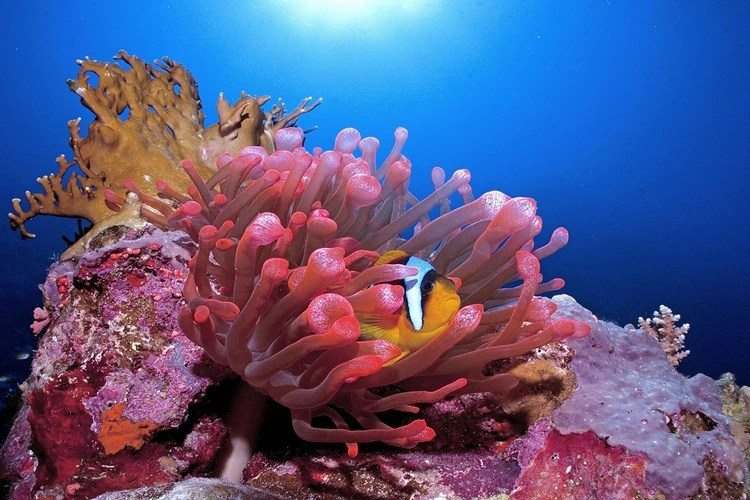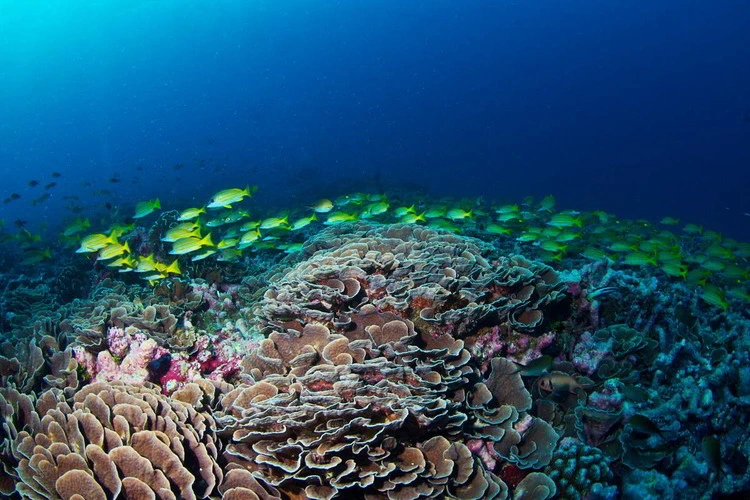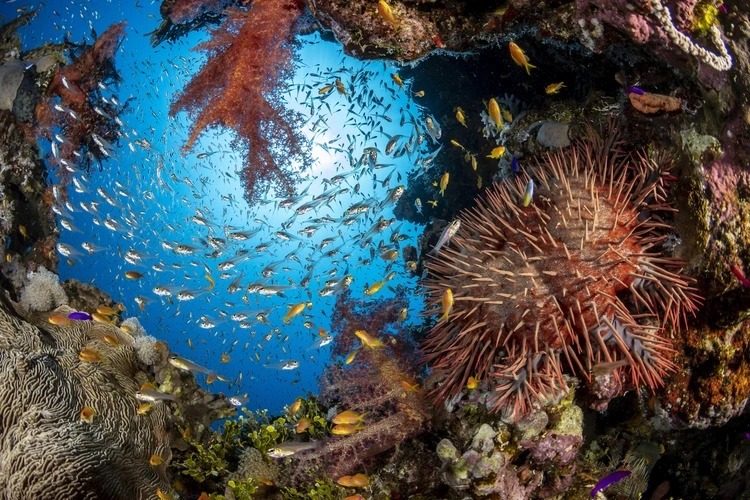
Global assessment shows corals facing extinction due to climate change – cutting greenhouse gases can save them
By
Forty-four per cent of reef-building coral species are at risk of extinction across the world, according to a new global assessment announced today at the ongoing COP29 UN climate conference.
A reassessment of 892 warm-water, reef-building coral species has shown a decline since the last IUCN assessment back in 2008. Then, 30 per cent were found to be threatened, marking a further sharp decline in the species in recent years.
Enjoying this article? Check out our related reads:
Climate change is the main threat to corals, and the solution to saving them from extinction is no surprise: cutting greenhouse gas emissions. Implementing measures to strengthen species resilience, as well as further research into how – and if – corals can adapt to warmer waters are both being used as ways to mitigate the effects of a warming planet on coral reefs.
‘We’ve known for decades that coral reefs are on the frontline of the global climate and biodiversity crises, and this new result only reconfirms this,’ said Co-Chair of the IUCN SSC Coral Specialist Group, Dr David Obura.

‘Without relevant decisions from those with the power to change this trajectory, we will see the further loss of reefs, and progressive disappearance of coral species at larger and larger scales.’
While the majority of corals are found across the Indo-Pacific, the global assessment also included 85 Atlantic coral species – which are affected particularly due to impacts such as severe coral bleaching and pollution. Staghorn coral (Acropora cervicornis) and elkhorn coral (Acropora palmata) are just two species – found in the Caribbean – listed as Critically Endangered according to the IUCN, and have faced significant declines due to increased warming, hurricanes and the impact of coral diseases.
Why are coral reefs so important?
A world in which coral does not exist is not just a scenario that would affect marine life – coral plays a vital role in ecosystems in and out of our waters.
About 25 per cent of the ocean’s fish depend on healthy coral reefs, as a source of shelter to reproduce and rear young, as well as a means to find food. Coral reefs are also some of the world’s most biodiverse ecosystems: the Coral Triangle – a region rich with coral in Southeast Asia – is the most biologically diverse marine ecosystem in the world.

On land, corals help protect coastlines from storms and erosion – and consequently flooding of coastal communities. Ridges in coral act as barriers to reduce wave energy by up to 97 per cent, dampening the on-land effects of tsunamis when they strike.
By protecting and mitigating the effects of heavy wind and rain on seagrass meadows – which are vital stores of blue carbon in the world’s oceans – coral reefs also inadvertently help in carbon sequestration.
Tourism through fishing, diving and snorkelling near reefs also provides income to countless businesses. To quantify their value at a global level, estimates suggest a figure of £6 trillion – taking into account how coral contributes to both society and ecosystems in all these varied ways.




